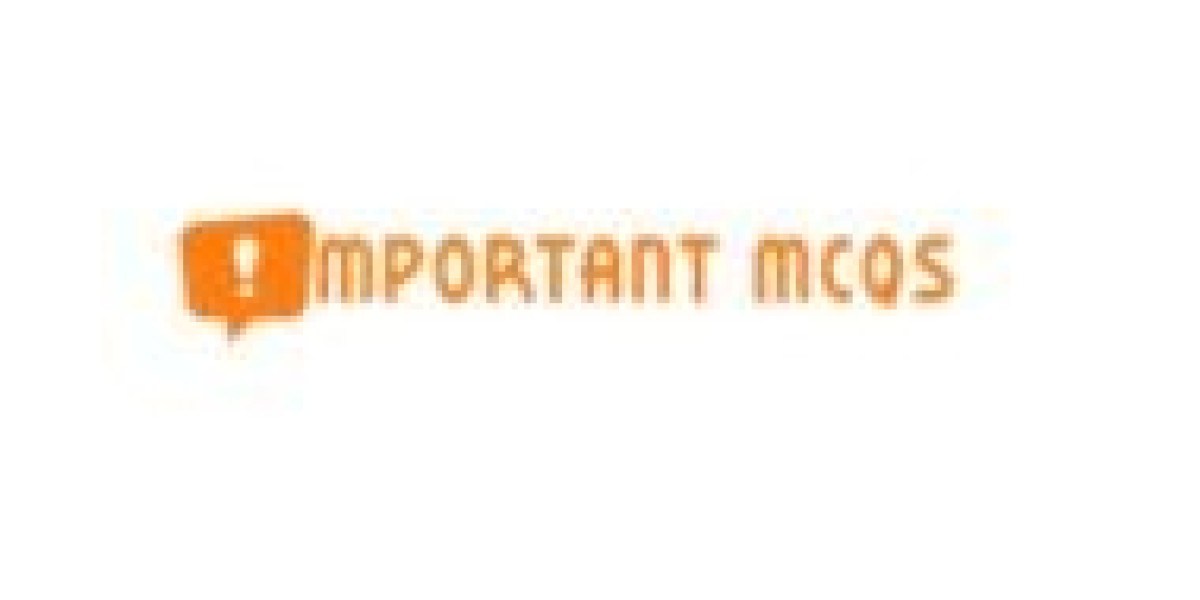C++ is a powerful, versatile programming language widely used for various applications, from system software to game development. It combines low-level memory manipulation capabilities with high-level abstractions, making it an ideal choice for many programmers. As you prepare for interviews or tests, mastering C++ is crucial, and one effective way to gauge your understanding is through Multiple Choice Questions (MCQs). This article provides a comprehensive overview of C++ MCQs, helping you enhance your knowledge and test your skills.
Understanding C++: Basics and Importance
Before diving into MCQs, it’s essential to understand the fundamentals of C++. Developed by Bjarne Stroustrup in the late 1970s, C++ is an extension of the C programming language, offering object-oriented programming (OOP) features. The language is known for its efficiency, flexibility, and performance, making it a favorite among developers for high-performance applications.
C++ supports various programming paradigms, including procedural, object-oriented, and generic programming. Its key features include classes, inheritance, polymorphism, encapsulation, and templates. Understanding these concepts is vital, as many MCQs will focus on these fundamental aspects.
The Structure of C++ MCQs
C++ MCQs typically consist of a question followed by multiple answer options. Your goal is to select the correct answer based on your knowledge of the language. The questions can range from basic syntax to advanced concepts, covering topics such as:
- Data Types and Variables: Understanding the different data types (int, float, char, etc.) and how to declare and use variables in C++.
- Control Structures: Questions related to loops (for, while, do-while), conditional statements (if, switch), and how to manage the flow of a program.
- Functions: Understanding function declaration, definition, overloading, and recursion is crucial for many MCQs.
- Object-Oriented Programming: This includes questions on classes, objects, constructors, destructors, inheritance, polymorphism, and encapsulation.
- Templates and Exception Handling: These topics delve into generic programming and error management, both essential for writing robust C++ applications.
- STL (Standard Template Library): Familiarity with STL is increasingly important as it provides a set of common classes and functions to facilitate efficient programming.
Sample C++ MCQs
To give you a taste of what C++ MCQs may look like, here are some sample questions:
- What is the size of an int in C++?
- A) 2 bytes
- B) 4 bytes
- C) 8 bytes
- D) Varies based on the system
- Correct Answer: D) Varies based on the system
- Which of the following is a feature of Object-Oriented Programming?
- A) Inheritance
- B) Polymorphism
- C) Encapsulation
- D) All of the above
- Correct Answer: D) All of the above
- What does the ‘new’ keyword do in C++?
- A) Allocates memory
- B) Deallocates memory
- C) Initializes a variable
- D) None of the above
- Correct Answer: A) Allocates memory
- Which of the following is not a valid declaration of a variable in C++?
- A) int 1stNumber;
- B) float number;
- C) char letter;
- D) double salary;
- Correct Answer: A) int 1stNumber;
What will be the output of the following code?
cpp
Copy code
int x = 5;
cout << x++;
- A) 5
- B) 6
- C) Compilation Error
- D) None of the above
- Correct Answer: A) 5
Preparing for C++ MCQs
To effectively prepare for C++ MCQs, consider the following strategies:
- Practice Regularly: The more you practice, the better you'll become. Use online platforms or books that provide MCQs on C++.
- Understand Concepts: Don’t just memorize answers. Ensure you understand the concepts behind each question.
- Review Mistakes: When you get an answer wrong, take the time to understand why. This will help reinforce your knowledge.
- Study Group: Consider forming a study group with peers. Discussing questions and concepts can enhance your understanding.
- Utilize Resources: Leverage textbooks, online tutorials, and coding platforms that offer quizzes and practice problems.
Conclusion
C++ MCQs are an excellent way to test your knowledge and prepare for exams or interviews. By understanding the basics of C++ and regularly practicing various questions, you can solidify your grasp of this powerful language. Remember, the key to mastering C++ lies in continuous learning and application. Embrace the challenges that come with C++, and you’ll find yourself becoming a proficient programmer in no time.



